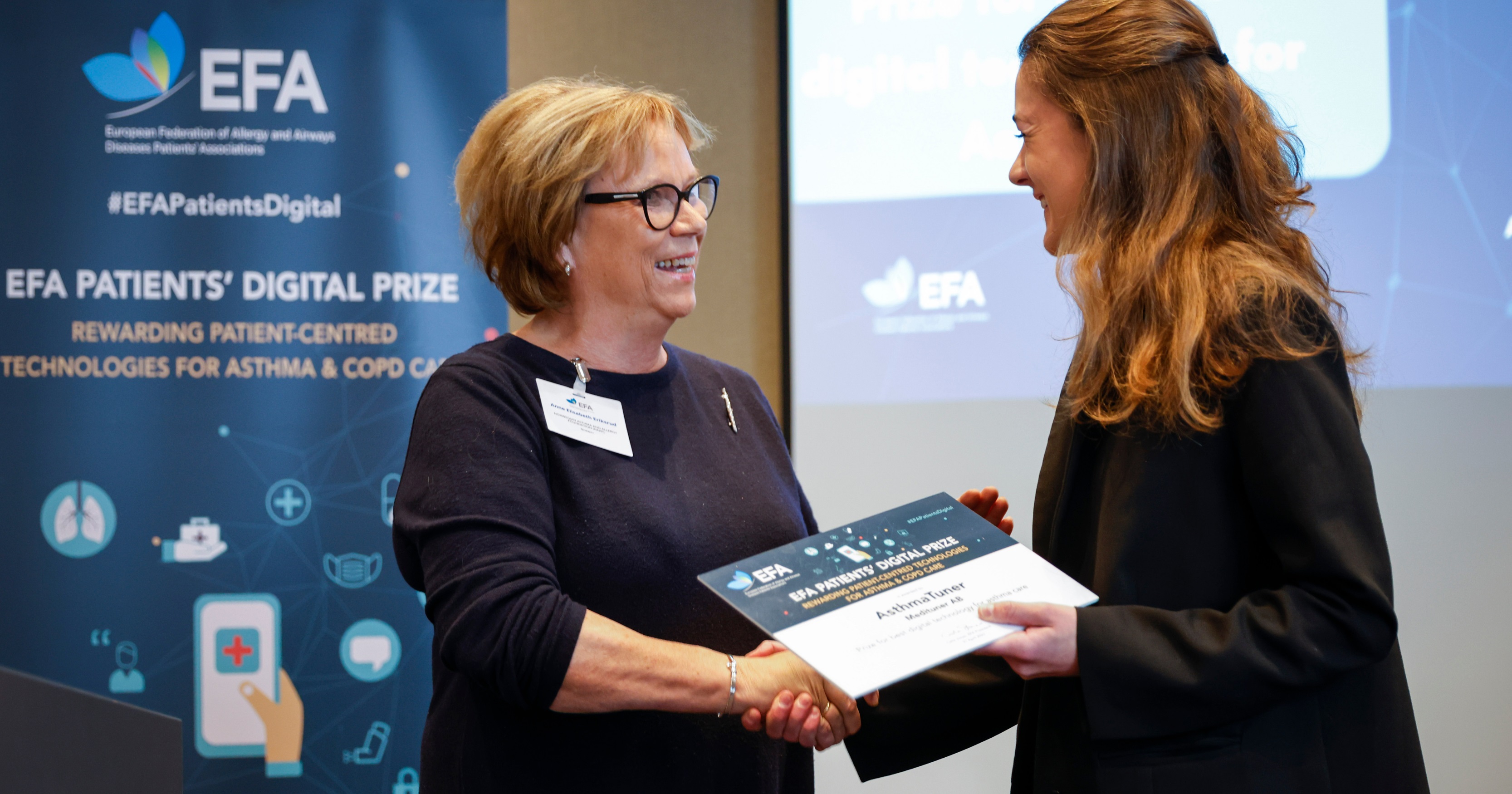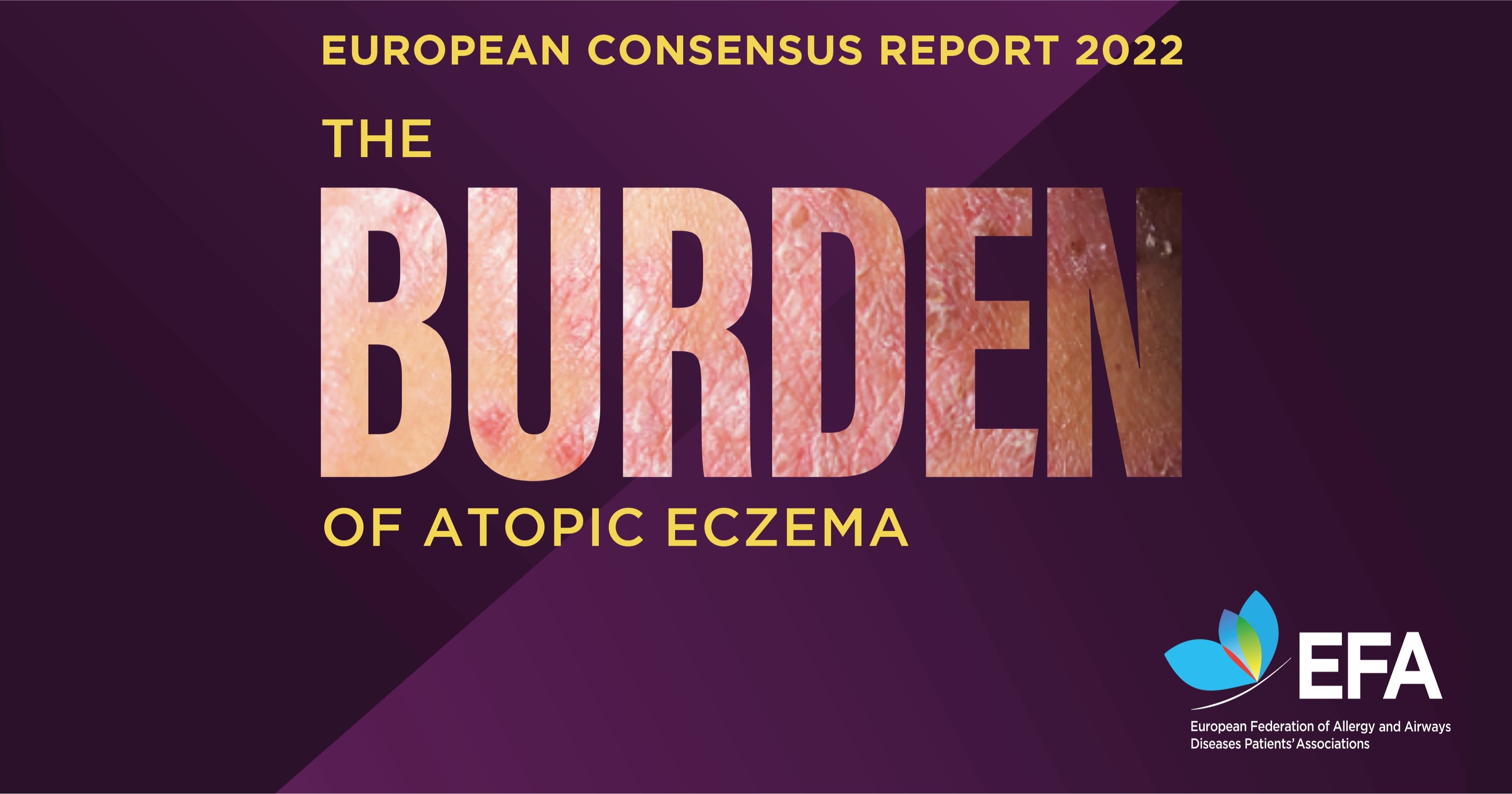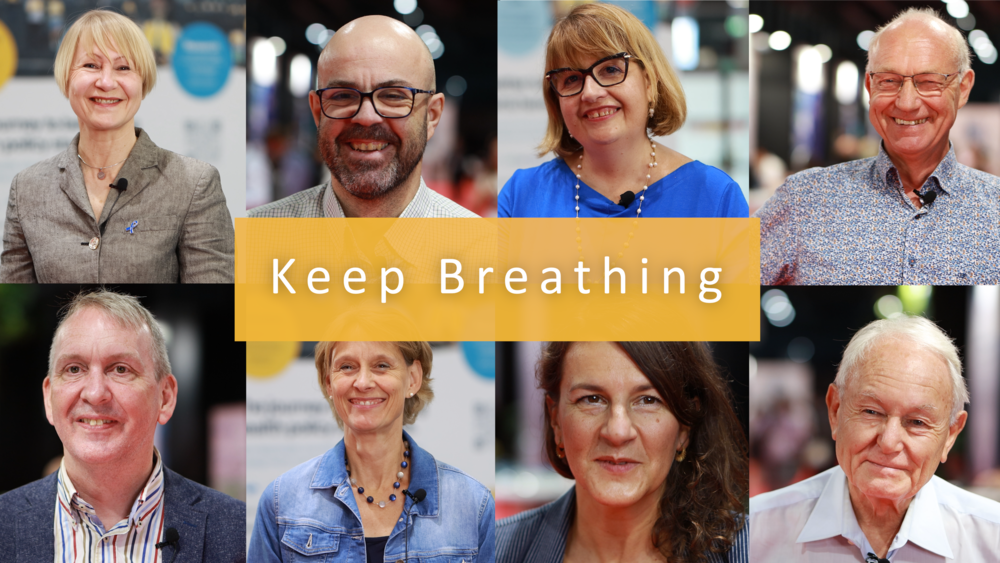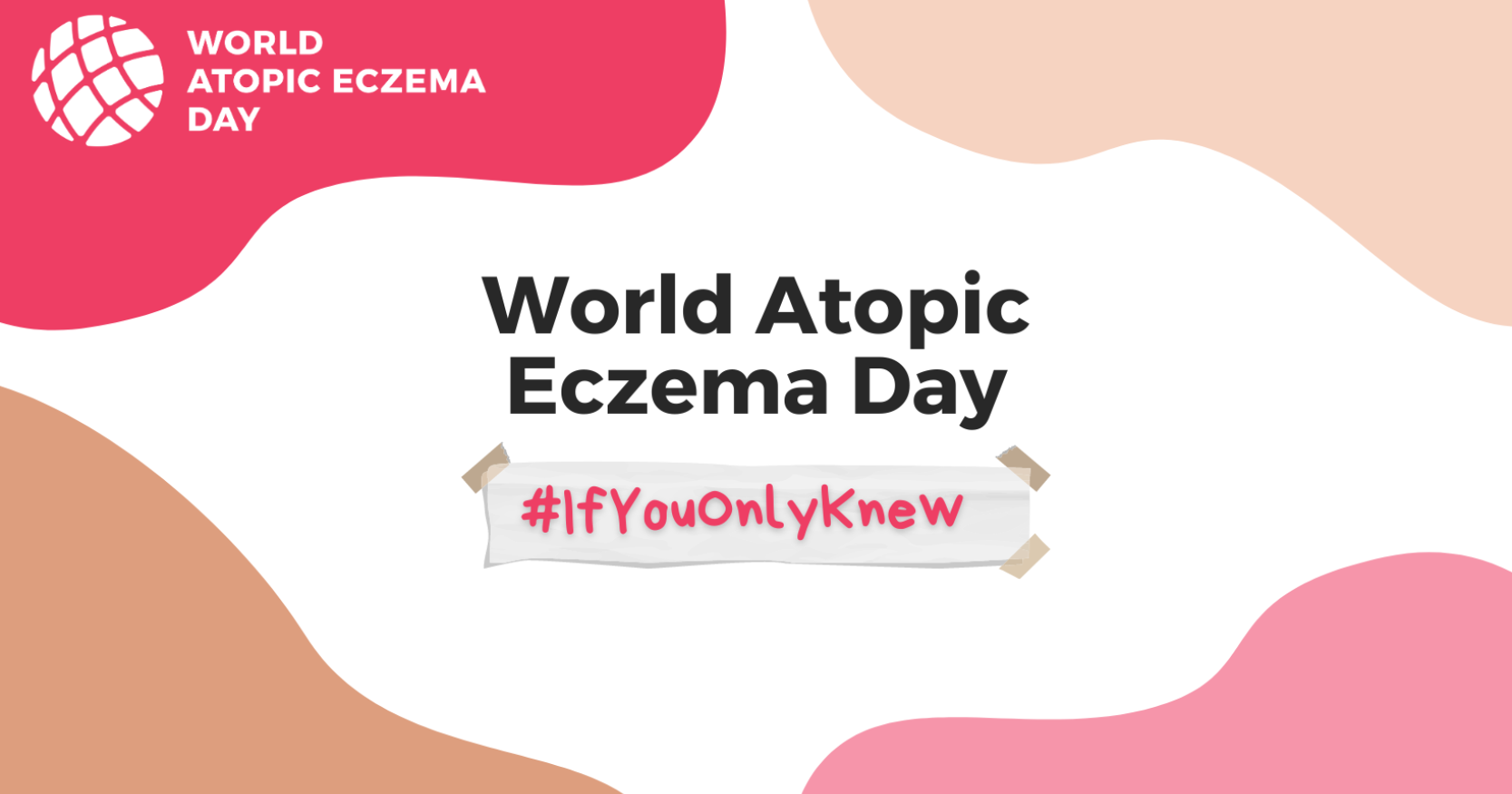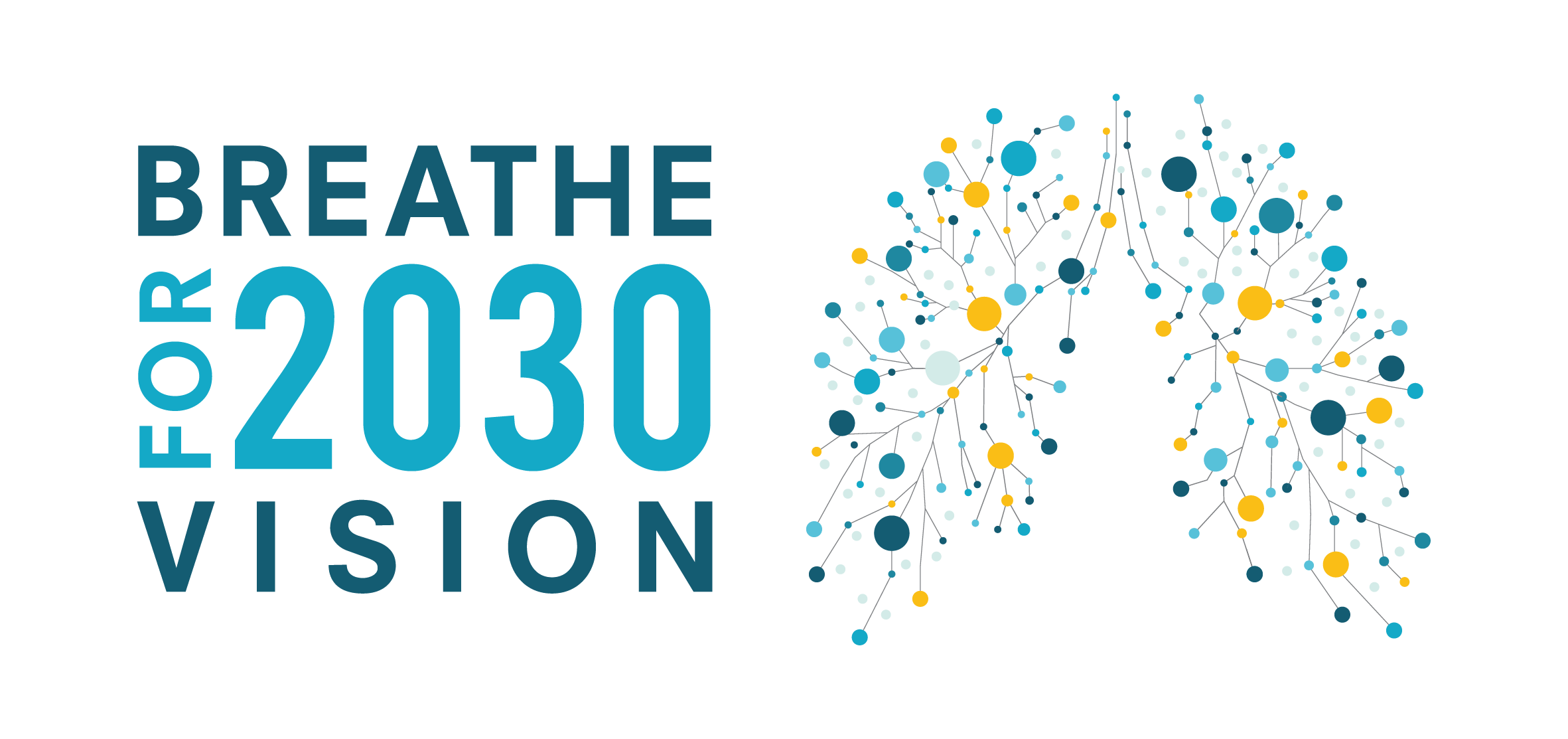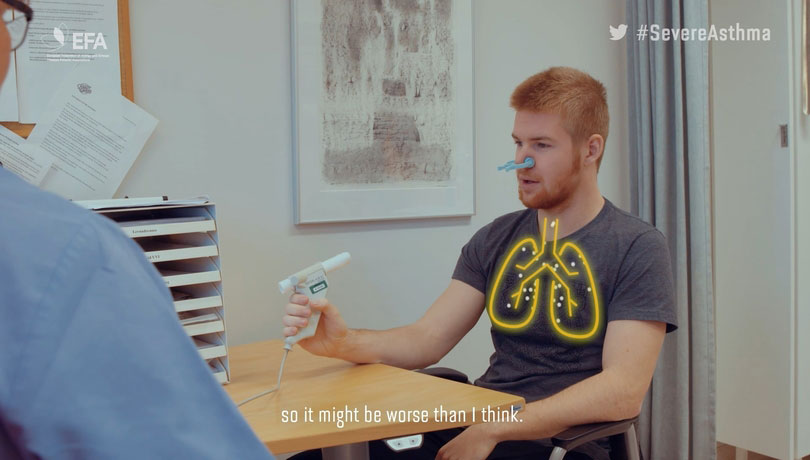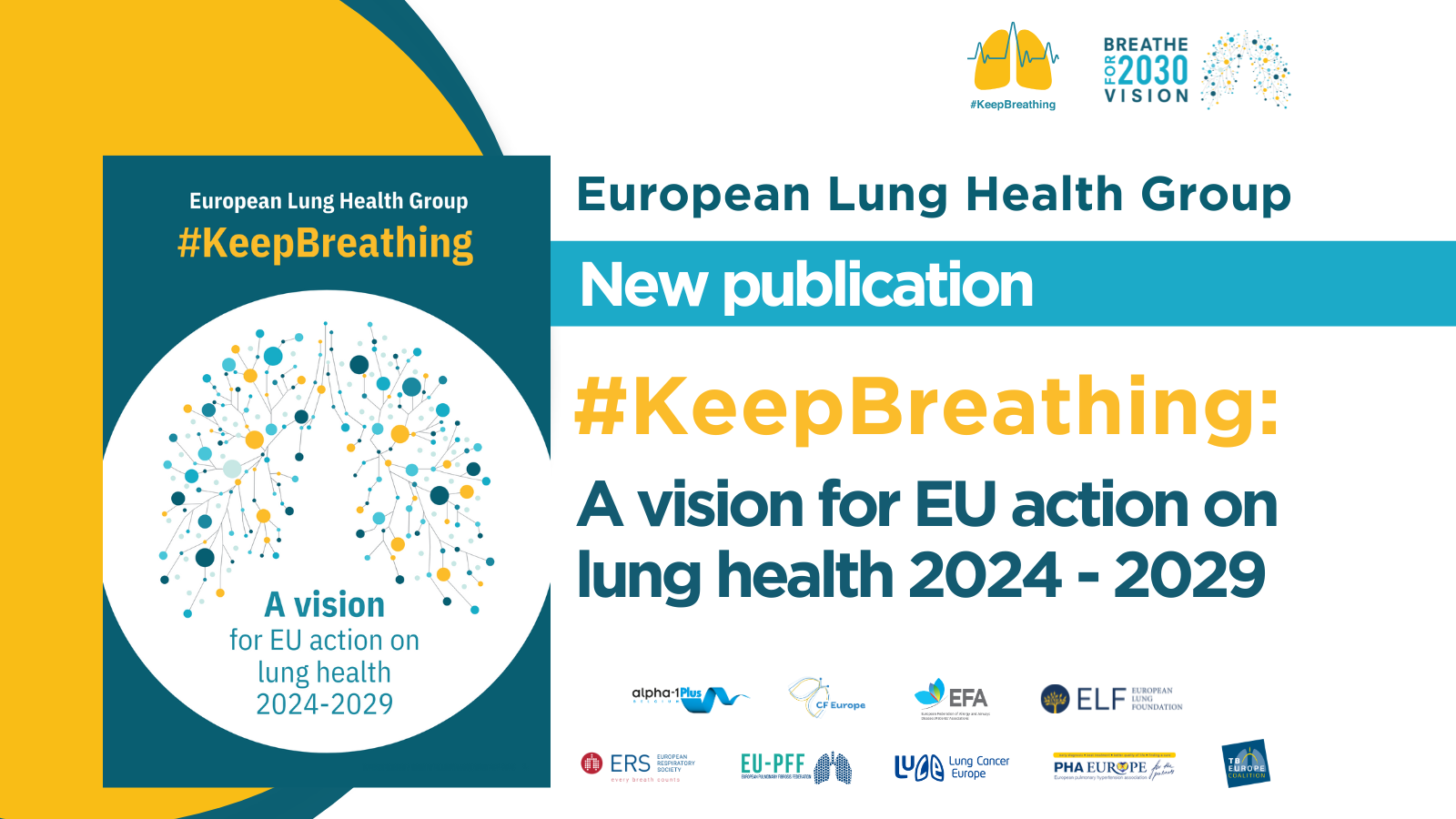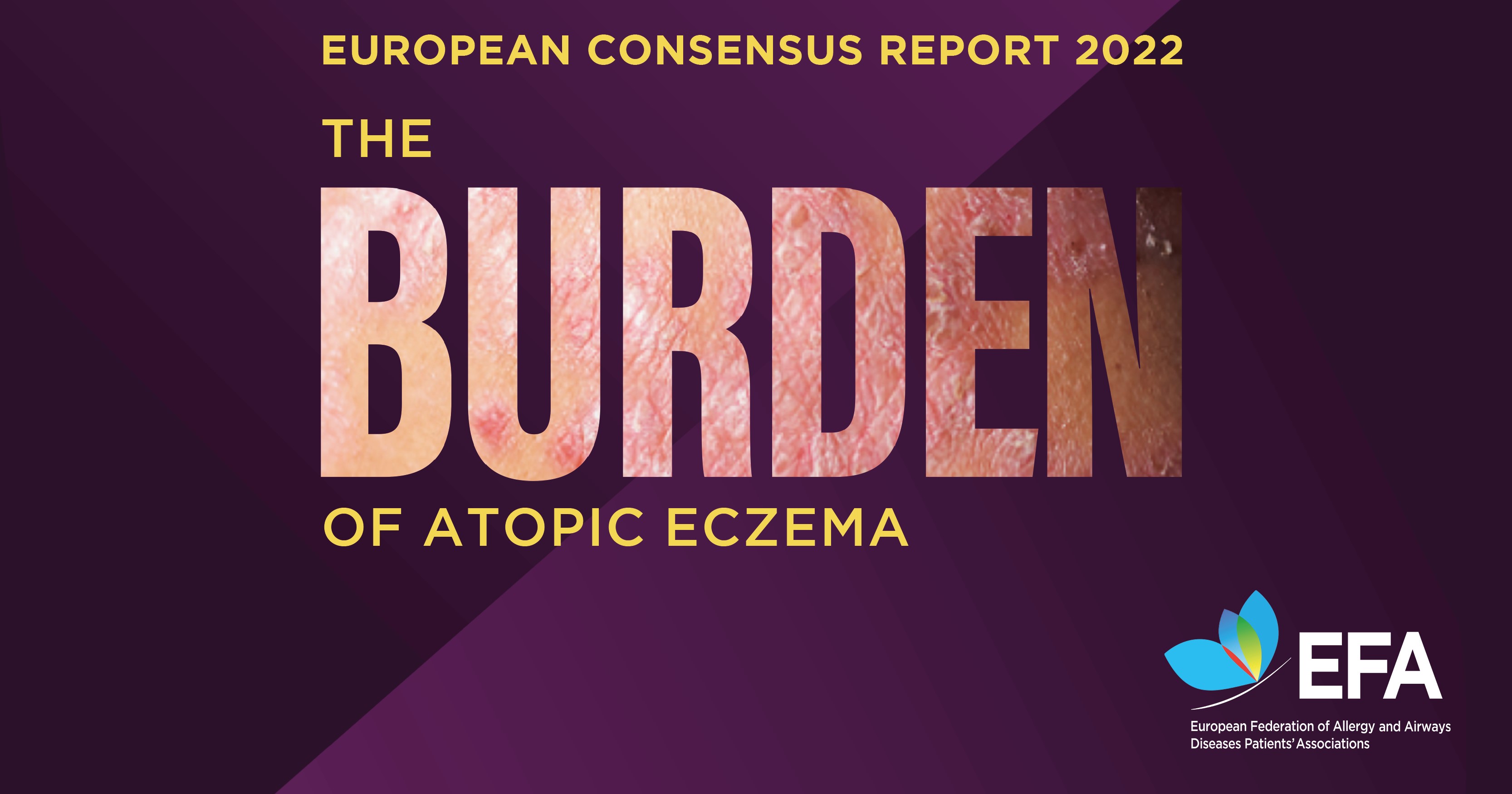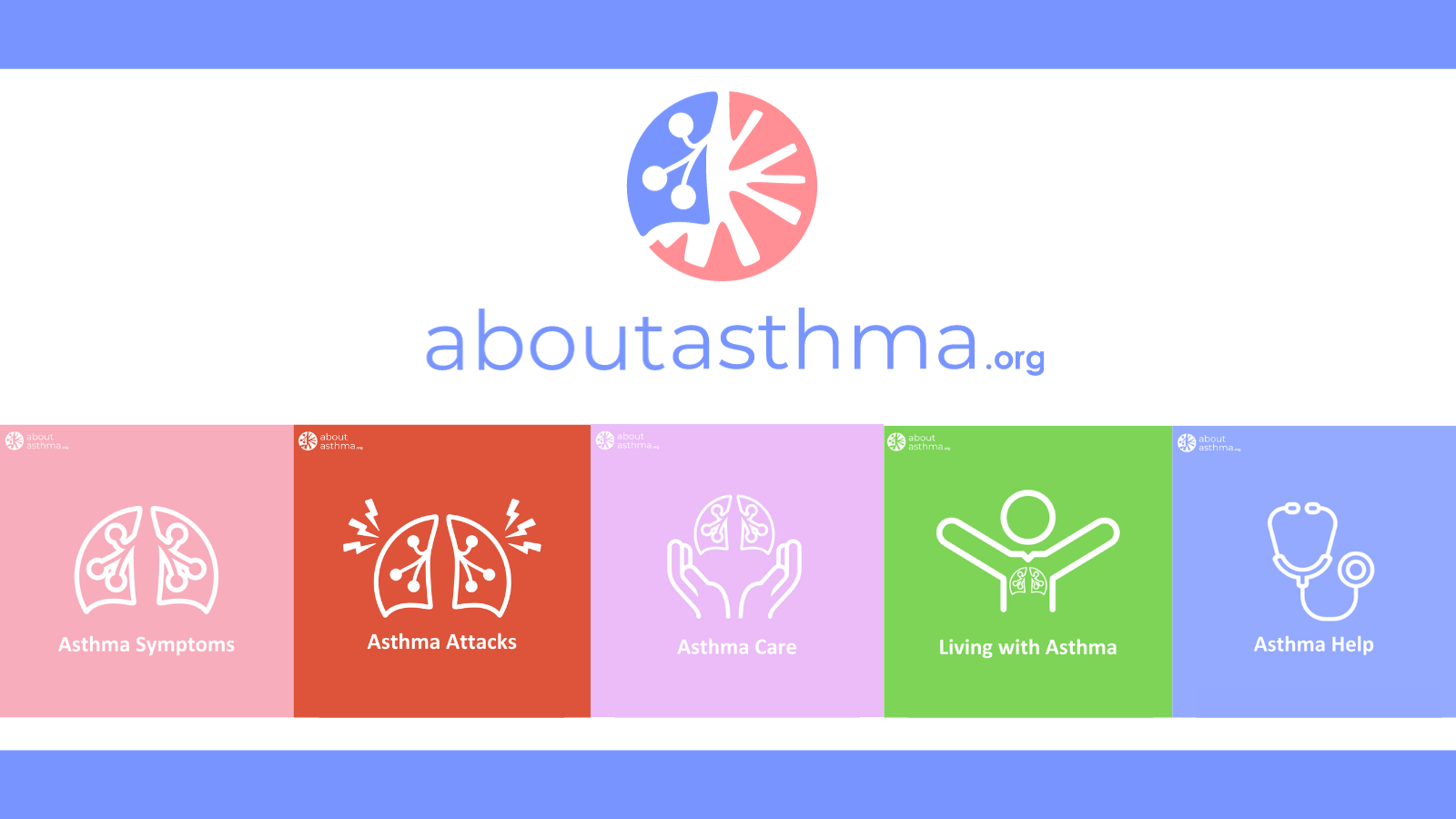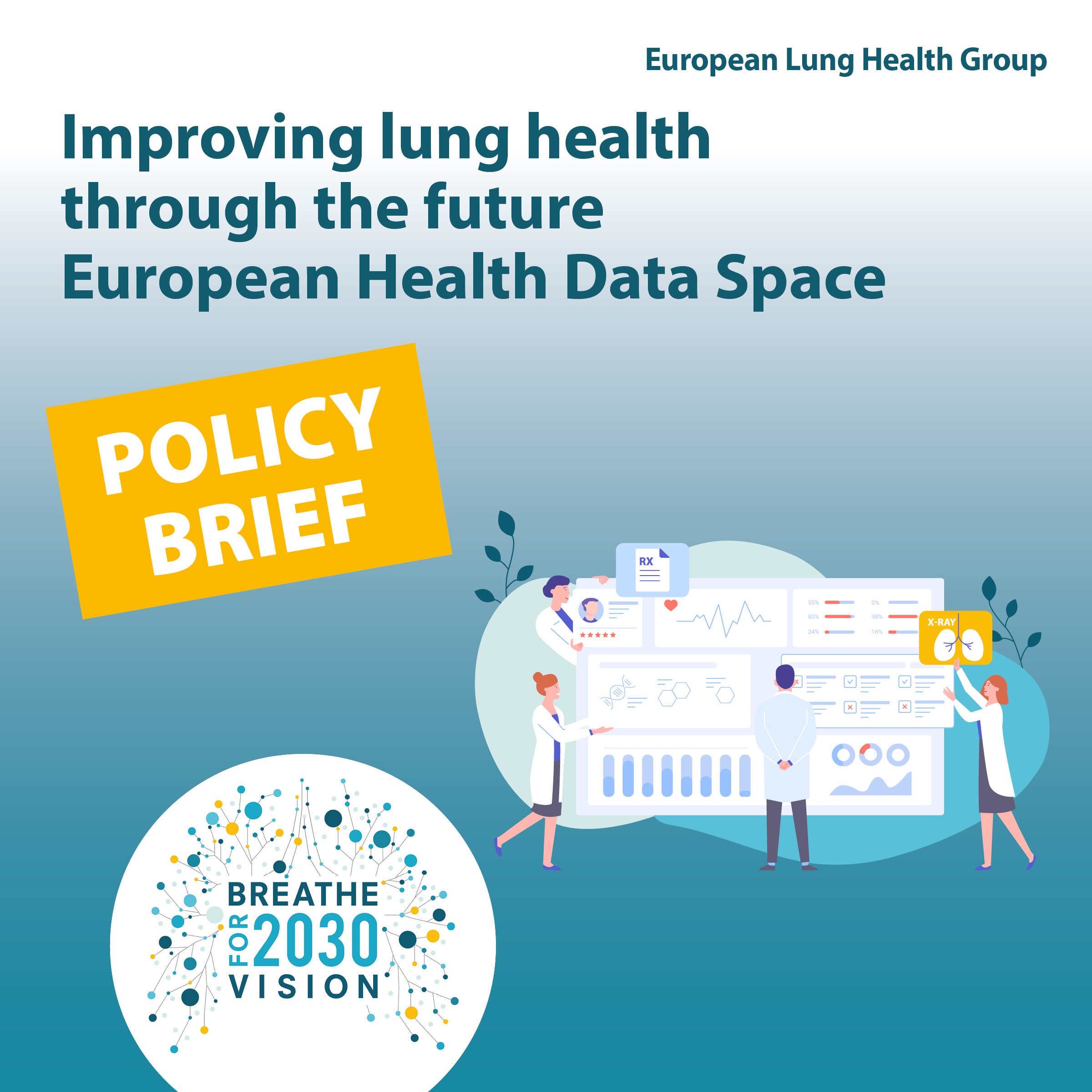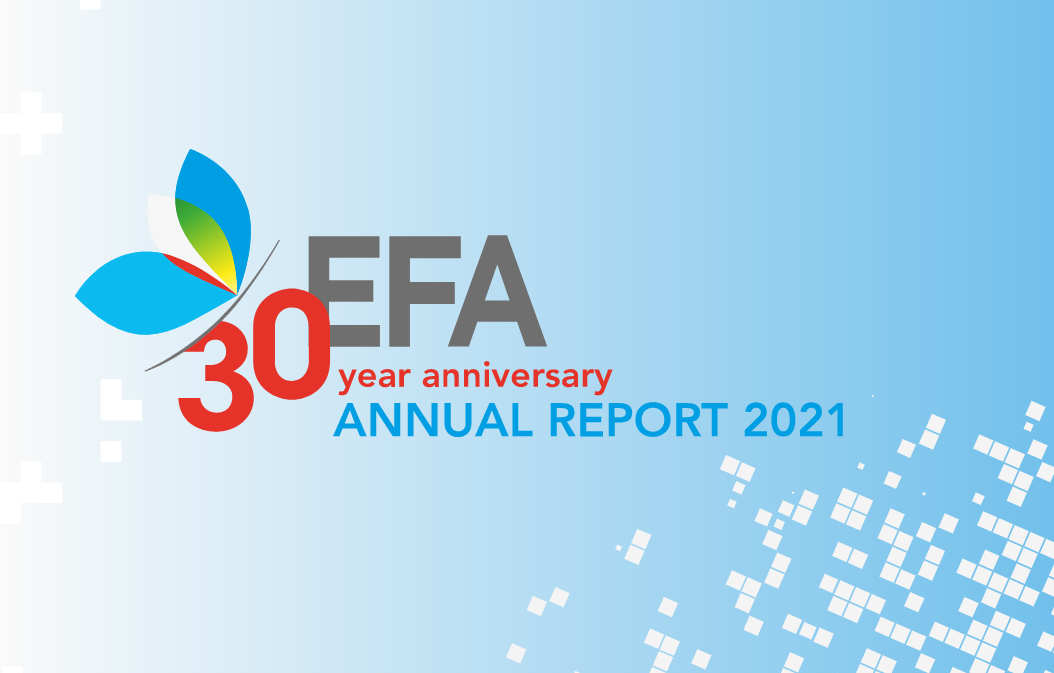2016 European Health Forum Gastein (Austria) – Asthma is the most common chronic disease in childhood. Today, 30 million European children and adults below the age of 45 years old have asthma and 15,000 die yearly from asthma attacks. This need not be the case.
Adolescent patients with asthma encounter difficulties in following their medication but the reasons are unclear. HEY YA! HEalth Literacy, Young Patients with Asthma and Adherence to treatment: EFA Report and European Recommendations is a new publication from the European Federation of Allergy and Airways Diseases Patients’ Associations (EFA) that brings light into the perception of young patients aged 12-17, their health status, asthma severity, attitude, treatment scheme, role of physicians and carers, and health literacy.
EFA President Mikaela Odemyr declared: “It is appalling that 15,000 people die each year from asthma attacks in Europe. We are confident that existing problems with asthma and other chronic diseases in adolescence can be minimised by developing health literacy materials developed with young people. We are urging legislators, healthcare professionals, industry and carers, to support young patients with specific tools for mobile device use to enable them know better their disease so they can manage their condition more effectively.”
Thanks to the HEY YA survey conducted in four European countries - France, Germany, Spain and United Kingdom-, EFA has identified six reasons behind non-adherence to treatment. Although the majority of adolescents noted ‘forgetfulness’ as the most common cause impacting their adherence (24% of participants), the survey revealed other variables, also driven by attitude, might explain teenagers discipline to asthma medication. For example, the fact that many adolescents are rebelling against medical advice (22%), not taking their asthma seriously (10%) or ignoring the consequences of avoiding treatment (7%), made adolescents attitude the strongest driver of adherence in the survey. The severity of asthma also appeared to have an influence, as respondents noted they do not take their medicine when they feel better or exercise (14%). Positively, most patients consulted found their doctors’ advice to be useful, and their encouragement to deal with their asthma turned out to be another variable explaining adherence (11%).
The HEY YA report sets out four policy recommendations with specific actions to improve the health of adolescent patients with asthma:
- Promoting multidisciplinary care coordination to better support adolescent patients and to identify those at risk.
- Developing Health Information Technologies (ICTs) specifically addressed to young patients to stimulate self-management, medication tracking and immediate healthcare feedback.
- Empowering young patients through shared decision-making and tailored health literacy materials to enable adolescents to take responsibility about their own health and asthma medication.
- Conducting additional research to picture the long-term consequences associated with poor adherence in adolescence and to curve down asthma.
Asthma is one of the major non-communicable diseases worldwide and estimates foreseen its prevalence will continue to increase.
ENDS
NOTES TO EDITORS
For more information please contact:
- EFA Communications Manager This email address is being protected from spambots. You need JavaScript enabled to view it., +32 2 227 2720.
- EFA focal point at EHFG, in Gastein This email address is being protected from spambots. You need JavaScript enabled to view it. +49 1717 616 923.
The full report can be found in here:
- English: EFA_Report_HEY_YA_Health_Literacy_Young_Patients_with_Asthma_and_Adherence_to_Treatment
- French : Rapport_EFA__Capacite_a_comprendre_linformation_sanitaire_jeunes_patients_et_observance
- German : EFA_Bericht__Gesundheitskompetenz_Junge_Patienten_mit_Asthma_und_Therapietreue
- Spanish : Informe_EFA_HEY_YA_Conocimientos_en_salud_pacientes_jóvenes con asma y adherencia al tratamiento
Follow the Twitter conversation: #TeensWithAsthma
About EFA: The European Federation of Allergy and Airways Diseases Patients’ Associations (EFA) is a non-profit network of allergy, asthma and chronic obstructive pulmonary diseases (COPD) patients organisations, representing 41 national associations in 25 countries and over 400,000 patients. Visit www.efanet.org for more information or follow our Twitter @EFA_Patients.
About EFA’s Asthma Adolescents Project: This project is co-funded with an un-restricted educational grant by EFA’s Sustainable Funding Partners AstraZeneca, GSK, Novartis and TEVA. EFA commissioned GfK to conduct this survey with 200 adolescents with asthma between 12 and 17 years old in four European countries (France, Germany, Spain and United Kingdom). EFA plans to have a follow-up project to promote EFA recommendations in the coming years.
